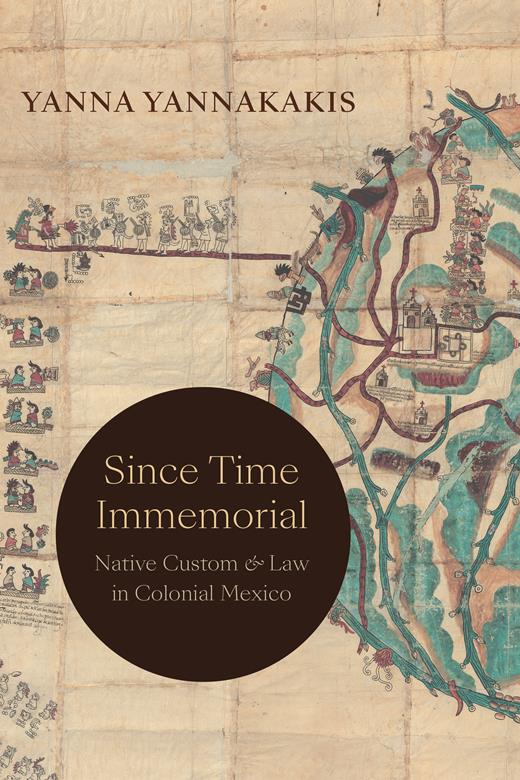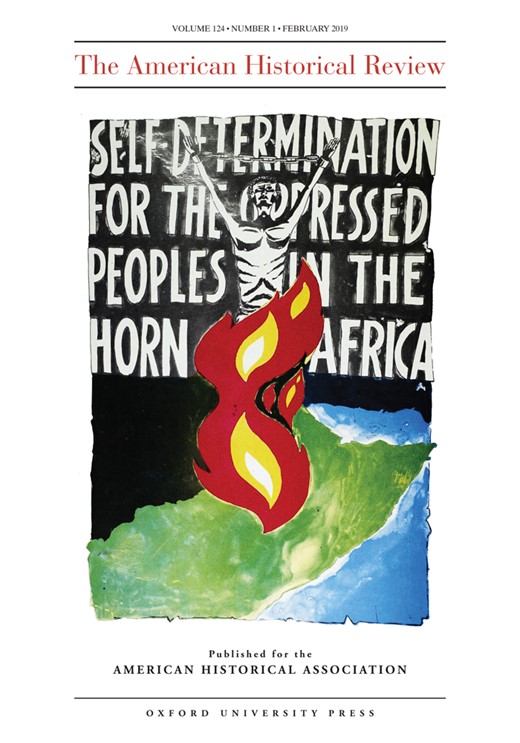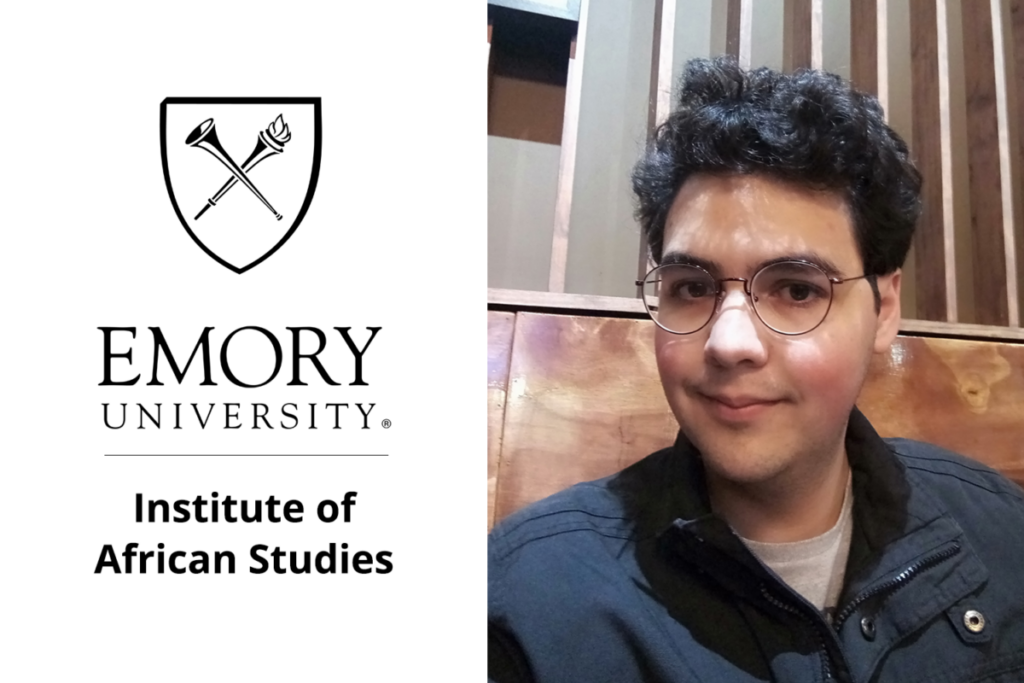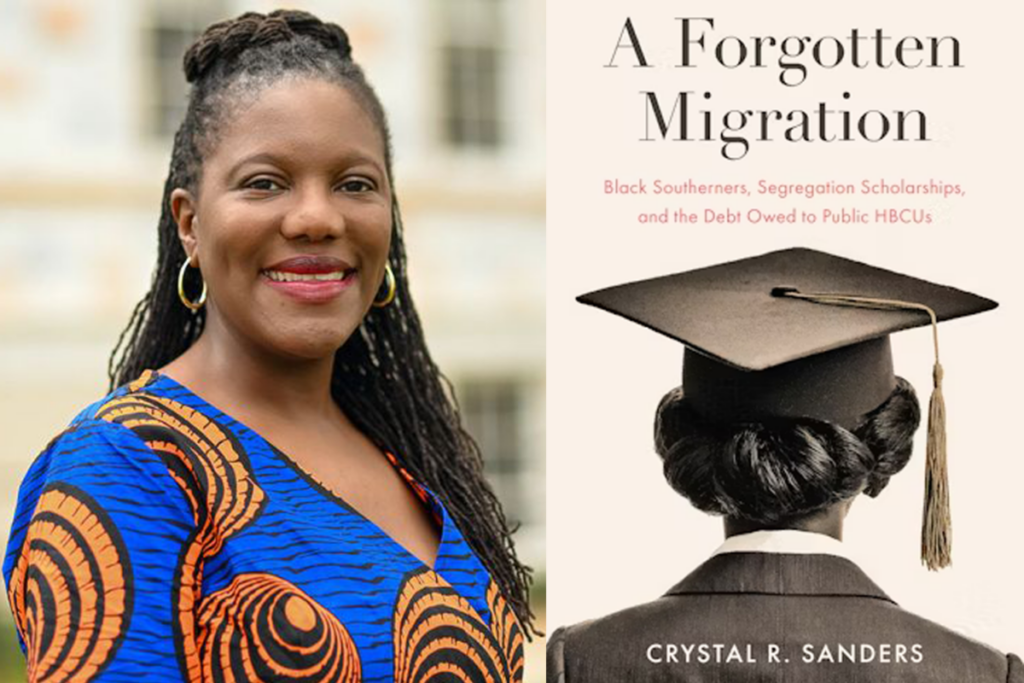
Dr. Adriana Chira, Associate Professor of Atlantic World History, has been named Winship Distinguished Professor of History (effective September 1, 2025). Chira’s research and teaching specializations include: Atlantic history; Cuba in world history; race; slavery and the law; land tenure and property; and post-emancipation. This prestigious appointment recognizes Chira’s scholarly eminence and contributions to Emory’s mission.
Chira’s first book, Patchwork Freedoms: Law, Slavery, and Race beyond Cuba’s Plantation (Cambridge University Press, Afro-Latin America Series, 2022), focuses on enslaved and free Afro-descendants’ efforts to own landed property and to attain free legal status through claims to ownership filed inside first instance and appellate courts in Cuba during the nineteenth century. The book traces the political implications of these processes, arguing for a history of emancipation that pays attention to vernacular legalism and modes of claiming property. The project is based on extensive archival research within Cuba (in Havana and Santiago de Cuba) and Spain.
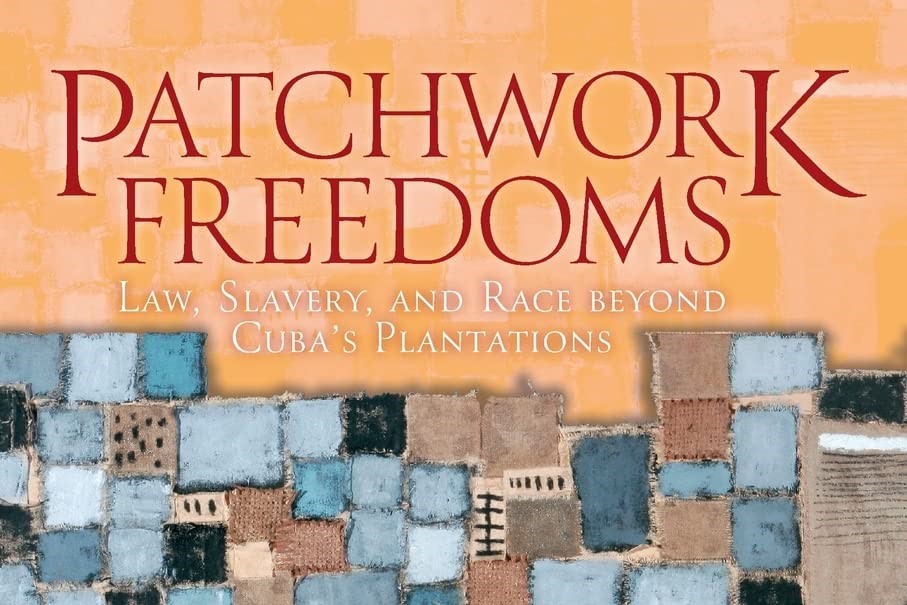
Patchwork Freedoms received the Outstanding First Book Prize from the Association for the Study of the Worldwide African Diaspora, the James A. Rawley Prize in Atlantic World History from the American Historical Association, the Peter Gonville Stein Prize for best book in non-US legal history from the American Society for Legal History, and the Elsa Goveia Prize for excellence in Caribbean history from the Association of Caribbean Historians. It has also received honorable mentions from the Latin American Studies Association (the Nineteenth Century Section) and from the Latin American and Caribbean Studies Section of the Southern Historical Association.
Chira has also authored multiple acclaimed scholarly articles, including:
- “Freedom with Local Bonds: Custom and Manumission in the Age of Emancipation,” The American Historical Review 126.3 (September), 949-977
- “Ampliando los significados de sevicia: Los reclamos de protección corporal de los esclavos en la Cuba del siglo XIX,” Páginas: Revista Digital de la Escuela de Historia de la Universidad de Rosario (Argentina) no. 33 (Sept./Oct.): https://revistapaginas.unr.edu.ar/index.php/RevPaginas/article/view/546
- “Affective Debts: Manumission by Grace and the Making of Gradual Emancipation Laws in Cuba, 1817-1868,” Law and History Review 36.1 (winter), 1-33.
Chira teaches a range of thematic and placed-based courses, from “Human Trafficking in World History” to “History Lab: Puerto Rico.” She also created an Emory study abroad program in Cuba, which focuses on questions of food sovereignty and environmental history, that usually takes place during the Maymester semester.

Chira’s research has been supported by the National Endowment for the Humanities and by residential fellowships at Yale University (at the Agrarian Studies Center) and at Harvard University (with the Weatherhead Initiative in Global History).

